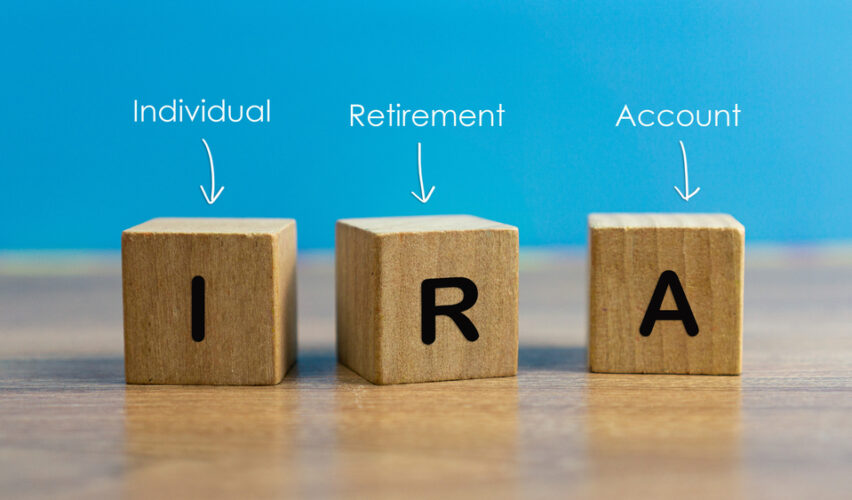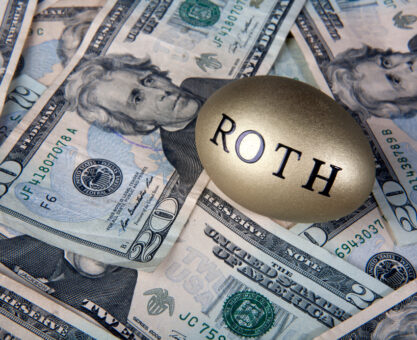Who doesn’t love the idea of tax-free income in retirement? With assets in a Roth IRA or Roth 401(k), retirees can enjoy the freedom of withdrawing retirement income without the burden of income taxes. However, navigating the realm of tax planning strategies can optimize the benefits of Roth conversions.
Exploring the Benefits:
Converting a 401(k) to a Roth IRA presents numerous advantages, especially for those with a longer time horizon before needing retirement funds. While the conversion incurs immediate income taxes, the funds in a Roth IRA can flourish tax-free and be withdrawn without tax implications during retirement.
Strategic Timing:
Optimizing the timing of Roth conversions is key to minimizing tax liabilities. Several scenarios present opportune moments for conversions:
- During a Low-Income Year: For individuals experiencing a dip in income, such as those in industries prone to fluctuations like entertainment, a low-income year presents an ideal window for Roth conversions.
- Pre-Retirement: Retirees in lower tax brackets before mandatory distributions commence can strategically convert portions of their 401(k) to Roth IRAs, leveraging the full standard deduction.
- Anticipating Higher Future Tax Brackets: Expecting future tax hikes or transitioning to a higher tax bracket warrants consideration for Roth conversions, ensuring tax-efficient retirement income.
- Pre-Moving to Higher Tax States: Before relocating to states with higher tax rates, individuals can optimize tax planning by executing Roth conversions in advance.
“Converting a 401(k) to a Roth IRA presents numerous advantages, especially for those with a longer time horizon before needing retirement funds.”
Optimizing Tax Diversification:
A holistic retirement strategy incorporates a blend of tax-deferred and tax-free accounts, including traditional IRAs, 401(k)s, and Roth IRAs. This diversification enables retirees to strategically manage tax liabilities and maximize income retention in retirement.
Choosing Between Contributions and Conversions:
For individuals still actively working, prioritizing Roth contributions over conversions is advisable, given the limitations and eligibility criteria associated with Roth contributions.
In conclusion, Roth conversions offer a pathway to tax-efficient retirement income, provided they’re executed strategically and aligned with individual financial goals. By capitalizing on favorable tax environments and diversifying retirement accounts, retirees can optimize their financial well-being in the golden years.


























